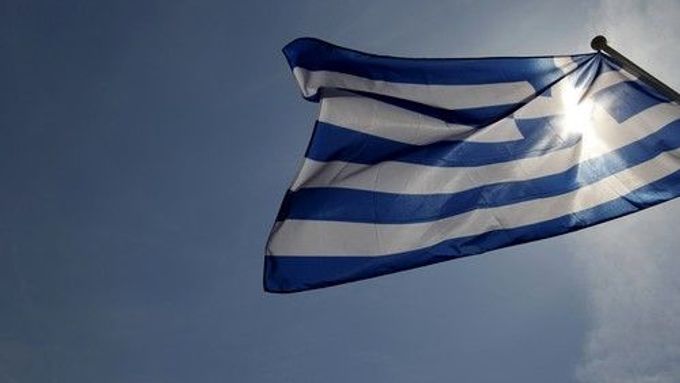Prague - "Nothing pretty." That's what the Czech economy can expect in case of an uncontrolled Greek default, according to Czech economist Pavel Martlík.
"Falling production and consumption, high unemployment, deflation pressures. And in addition, the shape of public finances would worsen significantly," said the Czech economist. During the 2008/9 crisis, the Czech Republic suffered from exactly the same problems, and as of the final quarter of 2011, it still hasn't fully recovered.
And now there is a real threat it slips down yet again.
Read more: ANALYSIS: Will Czech economy withstand 2nd recession?
Read more: Crisis 2.0? Czech export economy to rely on BRICS
In case European leaders fail to agree on a plan for a controlled default of Greece tomorrow, the country may declare a "wild" default in the first quarter of 2012.
Sharp drop of GDP growth
Under this scenario, the first to suffer in the Czech Republic would be its currency and government bonds. "Czech assets would drop sharply," said Mertlík, implying that investors would run away from what they perceive as risky assets.
However, in the longer term Czech bonds and currency would rise again, because the Czech economy has better reputation than the structurally more troubled economies of Greece and other European economies. Recently, Standard & Poor's upgraded the Czech Republic's rating by two notches.
Read more: S&P upgrades Czech rating: Good news for govt, firms
According to some analysts, the Czech crown could even face (to a lesser degree) the fate of the Swiss franc, whose price increased so much recently that it prompted an unprecedented intervention from the Swiss central bank.
However, the Czech GDP growth would constitute a much larger problem. "European countries struggling with their own deep recession would stop importing our products," said Mertlík. Yet again, this already happened in 2009, when the German economy - the Czech Republic's largest economic partner - shrank by 4 percent, and the Czech one eventually suffered a 4.7 drop.
"In case of an uncontrolled Greek default, the drop could be even bigger", believes Mr Mertlík.
According to a recent stress test conducted by the Czech central bank, Czech private banks and financial institutions would withstand even a severe recession with a 5 percent GDP growth decrease.
Read more: Stress test: Czech banks can survive 2-year recession
Read more: Greek default would be "no problem" for Czech banks
Czech banks would be forced to write off government bonds of Ireland, Italy, Portugal, Greece and Spain in total worth of CZK 28bil (more than one billion euros). In addition, Czech banks would also suffer from the drop in price of Czech government bonds. However, according to the Czech central bank's test, Czech banks would withstand this financial storm.
"The Czech banking sector really isn't the problem," assured Mr Mertlík.
The public finances would have more reasons to worry though. As during the 2009 recession, its tax revenues would drop drastically while it expenses would grow because of high unemployment.
"Public finances would deteriorate significantly, and the government would have to react somehow to it. Probably by implementing a combination of additional budget cuts and tax increases," said Mertlík.
However, according to economists and the Czech central bank, the scenario of an uncontrolled Greek default and a deep recession in the euro-zone is not very probable, even though as time passes by, the likelihood increases.
If the EU leaders at their closely watched summits reach an agreement on a controlled Greek default, the Czech economy will be sailing in much calmer waters next year.










